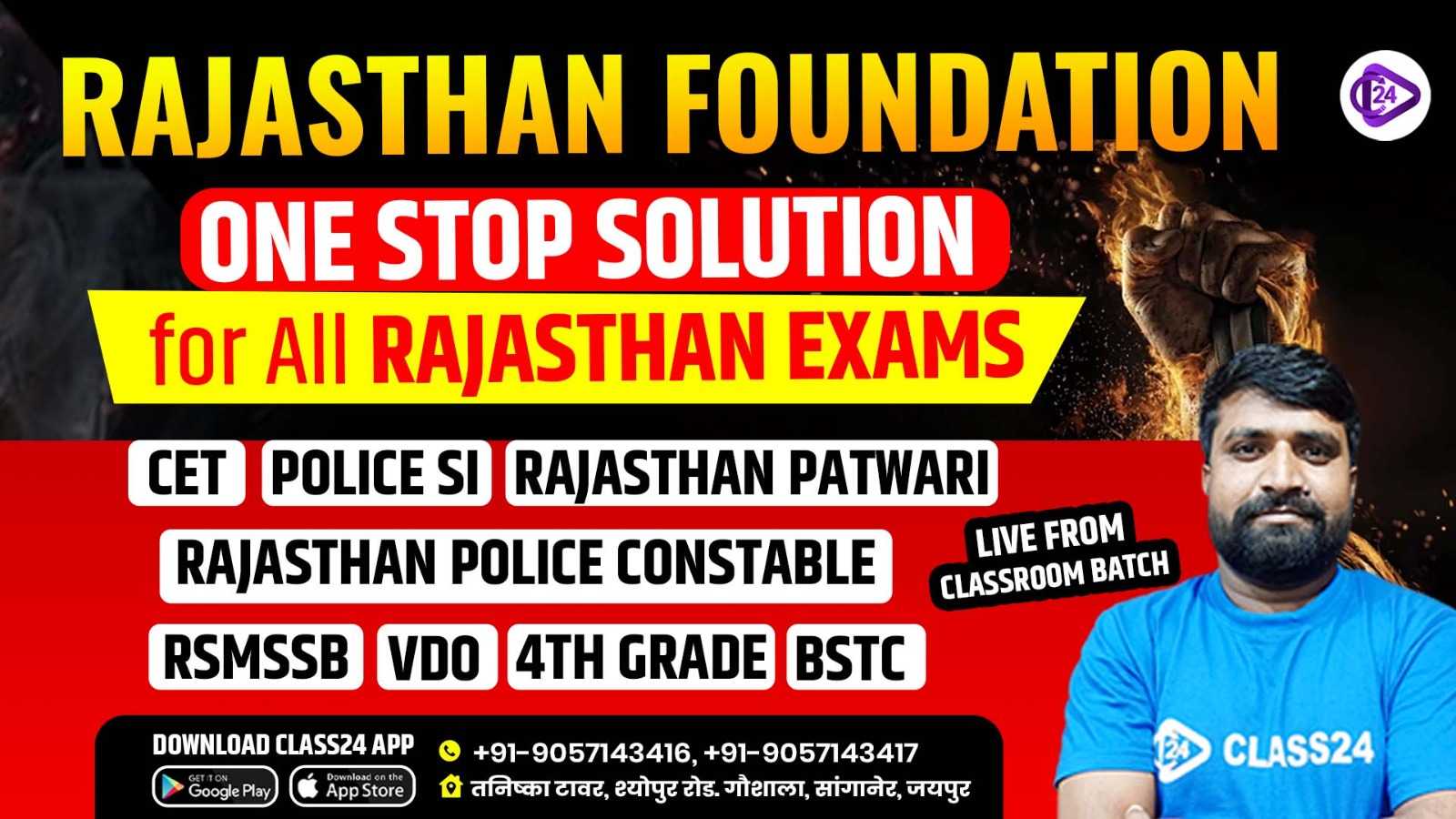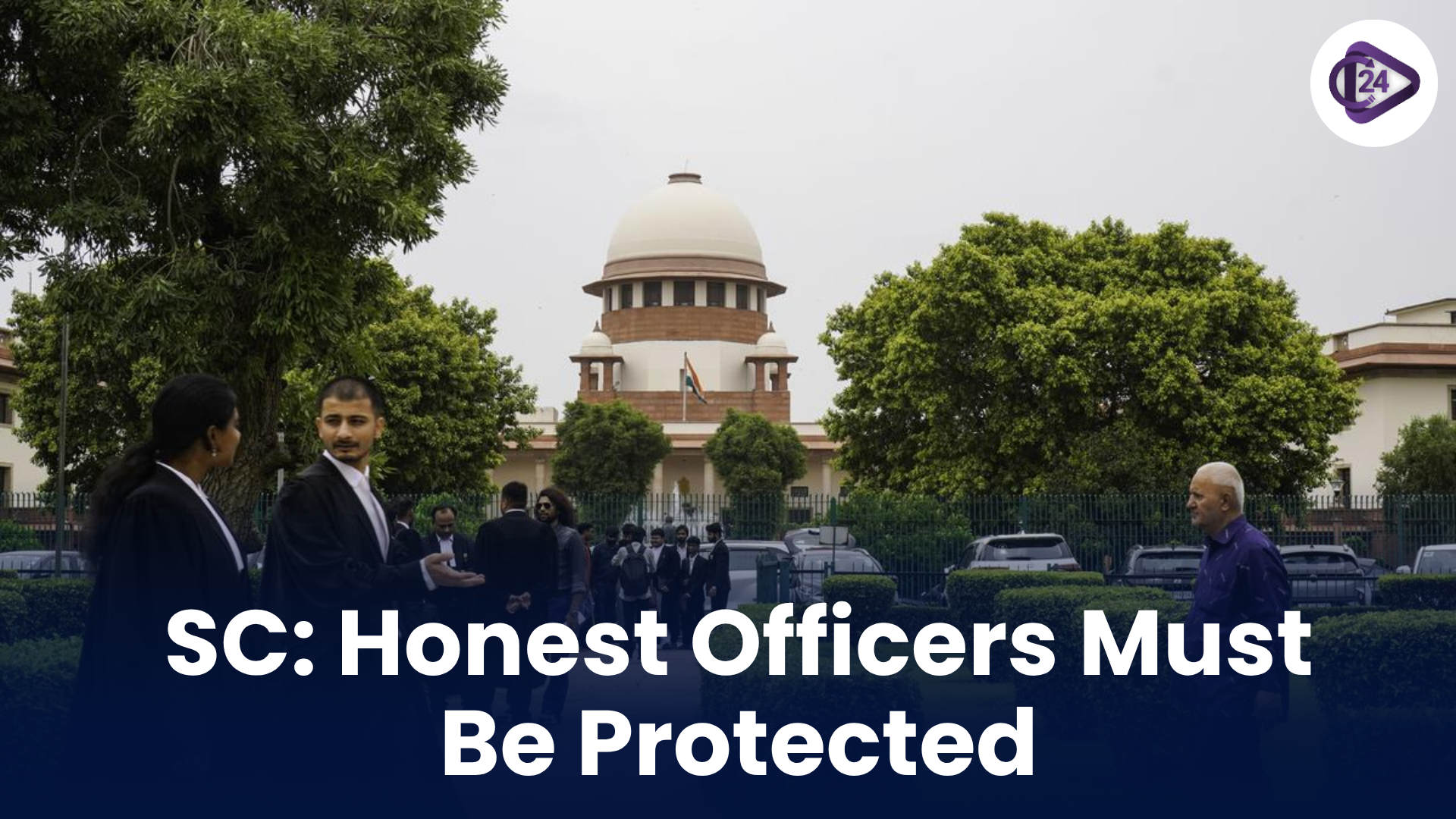
Recently the Supreme Court has reaffirmed that honest officials should be provided safeguards by Prevention of Corruption Act, 1988 particularly where a political vendetta is involved following a regime change. It also held that conviction can be made under the Act on circumstantial evidence even where the complainant becomes hostile, is unavailable or even dies.
What is the Prevention of Corruption Act (PCA), 1988?
-
The PCA came into effect on 9th September 1988 with the intention to bring together and build on the anti-corruption legislations in India.
-
It also incorporates and repeals the earlier enactments like Prevention of Corruption Act, 1947, Criminal Law Amendment Act, 1952 and Sections 161-165A of the IPC.
Highlights of the Act
-
Broader Definitions: Additional definitions on terms such as, public servant and public duty.
-
Burden of Proof Shift: Accused is supposed to prove that he is innocent after corrupt practices are proved.
-
Minimum Investigating Authority: Only the officers who rank above DSP can investigate.
-
Major Offences covered:
-
Bribery and reward.
-
Misuse of Government money
-
One of them is by holding disproportionate assets
-
Criminal misconduct
-
Prevention of Corruption (Amendment) Act, 2018
Objectives:
-
Make the PCA compatible with the United Nations Convention Against Corruption (UNCAC).
-
Ensure openness, discourage bullying of clean officials and answerability by those who give them bribes.
Key Provisions:
-
‘Undue Advantage’:
-
Any satisfaction other than legal wages is a definition of it.
-
-
Bribe-Givers Liable:
-
Receiving bribes is also criminalised.
-
-
Corporate Accountability:
-
Business entities which bribe to be awarded business are punishable.
-
-
Implied Pre-Authorisation to Investigate:
-
Any investigation or even prosecution of any public servant must be transmitted by the competent authority before that investigation or prosecution is done (Section 17 A).
-
-
Attachment of Properties:
-
Associated with PMLA, 2002 and Criminal Law Amendment Ordinance, 1944 to recoup clandestine fortunes.
-
-
Enhanced Punishment:
-
Minimum: Increased from 6 months to 3 years
-
Maximum: Increased from 5 years to 7 years
-
Recent Verdict of Supreme Court (2025)
-
Honest officers protect:
-
Section 17A averts politically inspired inquiries over bureaucrats uniting in the name of serving the masses.
-
Necessary shield of those officers who might be targeted by retaliation, after regime change.
-
-
Admissible Circumstantial Evidence:
-
The evidence does not need to be direct.
-
A person can be convicted of demand and acceptance of a bribe through circumstantial evidence in case of absence or turning hostile of the complainant.
-
-
Witness Hostility:
-
One can be convicted despite retraction of statements made by the main witnesses.
-
-
Corruption's Gravity:
-
The court was again reminding us of how corruption continues to jeopardize every section of the management of governance.
-
Ethical and Governance Implications
|
Positive Impact |
Concerns |
|
Encourages fearless, honest governance |
May delay timely investigation due to prior sanction requirement |
|
Protects bureaucratic neutrality |
Potential misuse by shielding corrupt officials under guise of "honesty" |
|
Emphasises evidence-based justice |
Over-reliance on circumstantial evidence may raise fair trial concerns |
|
Recognises structural challenges in anti-corruption enforcement |
Implementation of reforms needs strong monitoring |
Way Forward
-
Strike a Balance between Accountability and Protection:
-
Make sure that protection measures are not means of immunity.
-
-
Approval of Reform:
-
To make it a time bound process and transparent, make Section 17A approval process time bound.
-
-
Institutional Strengthening:
-
Give independence and funds to Lokpal, CVC and internal vigilance organizations.
-
-
Public Awareness:
-
Train the people on whistleblowing instruments such as the Whistleblower Protection Act, or grievance redressal policies.
-
-
Technology:
-
Ensure e-governance to eliminate discretion said interfaces and eliminate corruption prone interfaces.
-
Conclusion
The verdict delivered by the Supreme Court is a significant move in striking the right balance between integrity and accountability in the provision of the services. Although security of honest officers is important in encouraging bureaucratic courage, this should be coupled with proper checks and transparency so that no one is above law, even those that enforce the law.



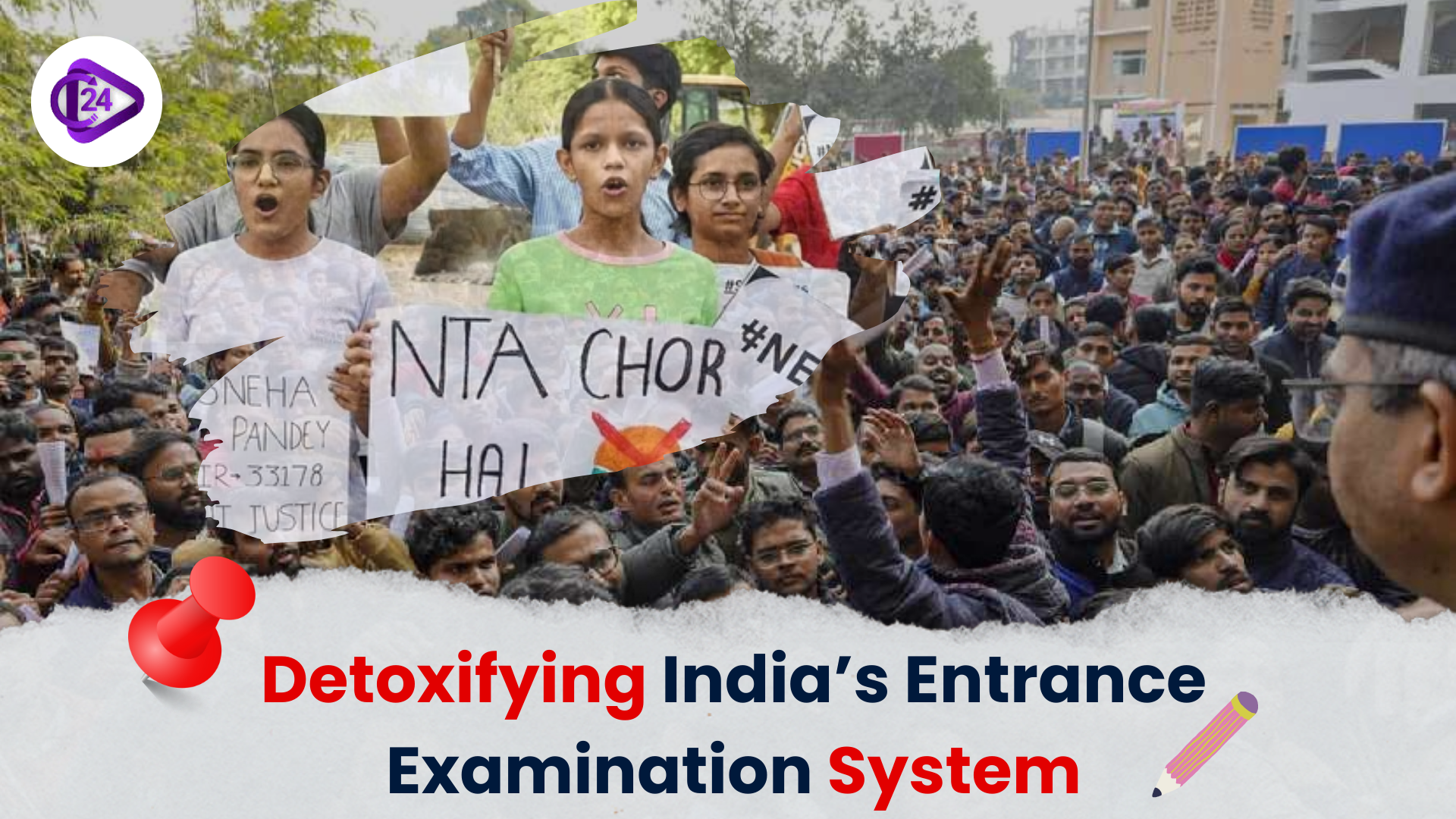 Reforming India’s Entrance Exams: Towards Equity and Student Well-being
Reforming India’s Entrance Exams: Towards Equity and Student Well-being Dowry Deaths in India: Nikki Bhati Case Exposes Systemic Silence
Dowry Deaths in India: Nikki Bhati Case Exposes Systemic Silence J&K: Annual Mela Patt Festival Begins in Bhaderwah
J&K: Annual Mela Patt Festival Begins in Bhaderwah Prime Minister Extends Warm Greetings on Nuakhai Festival
Prime Minister Extends Warm Greetings on Nuakhai Festival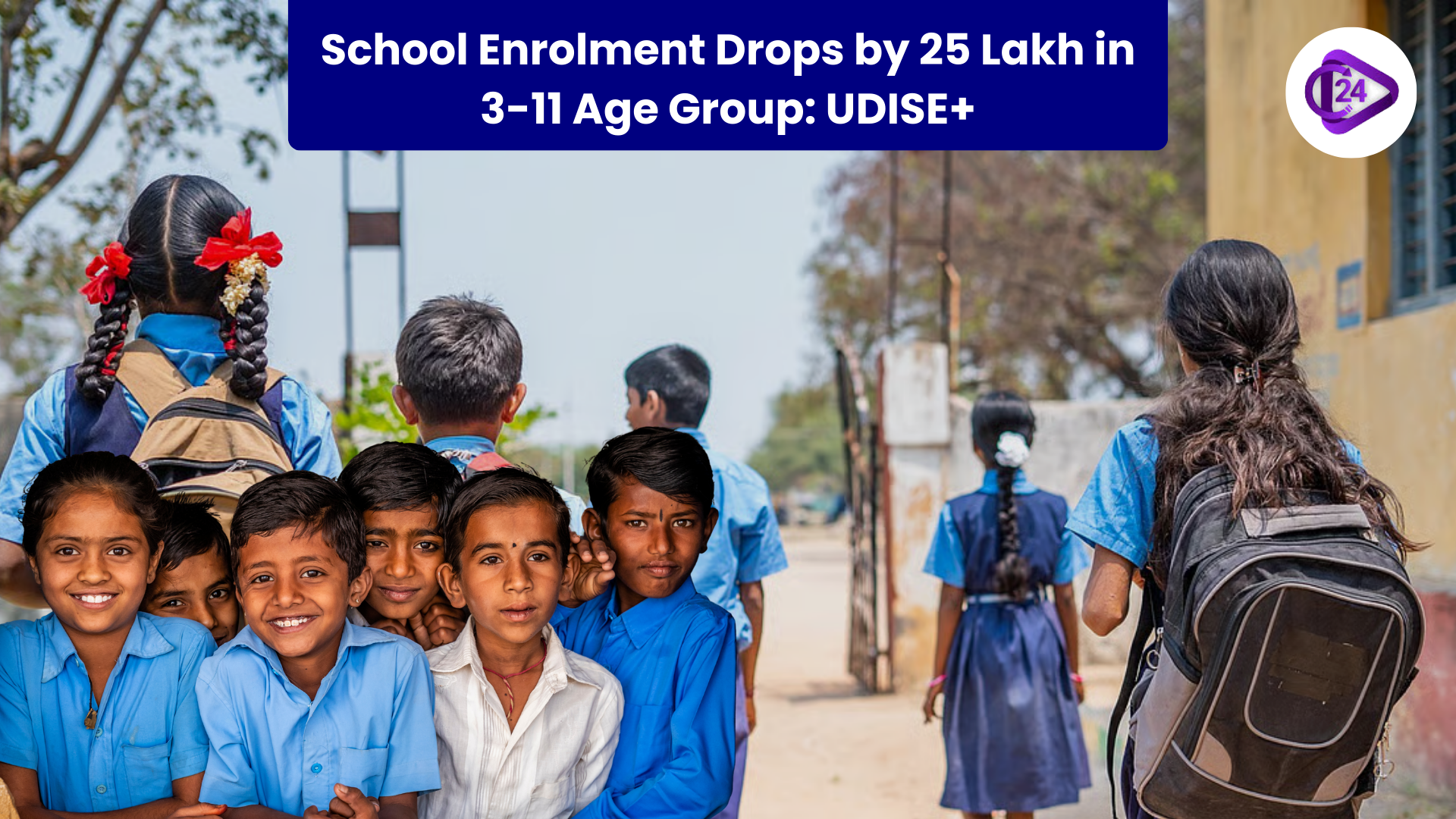 School Enrolment in 3-11 Age Group Drops by 25 Lakh: UDISE+ Report
School Enrolment in 3-11 Age Group Drops by 25 Lakh: UDISE+ Report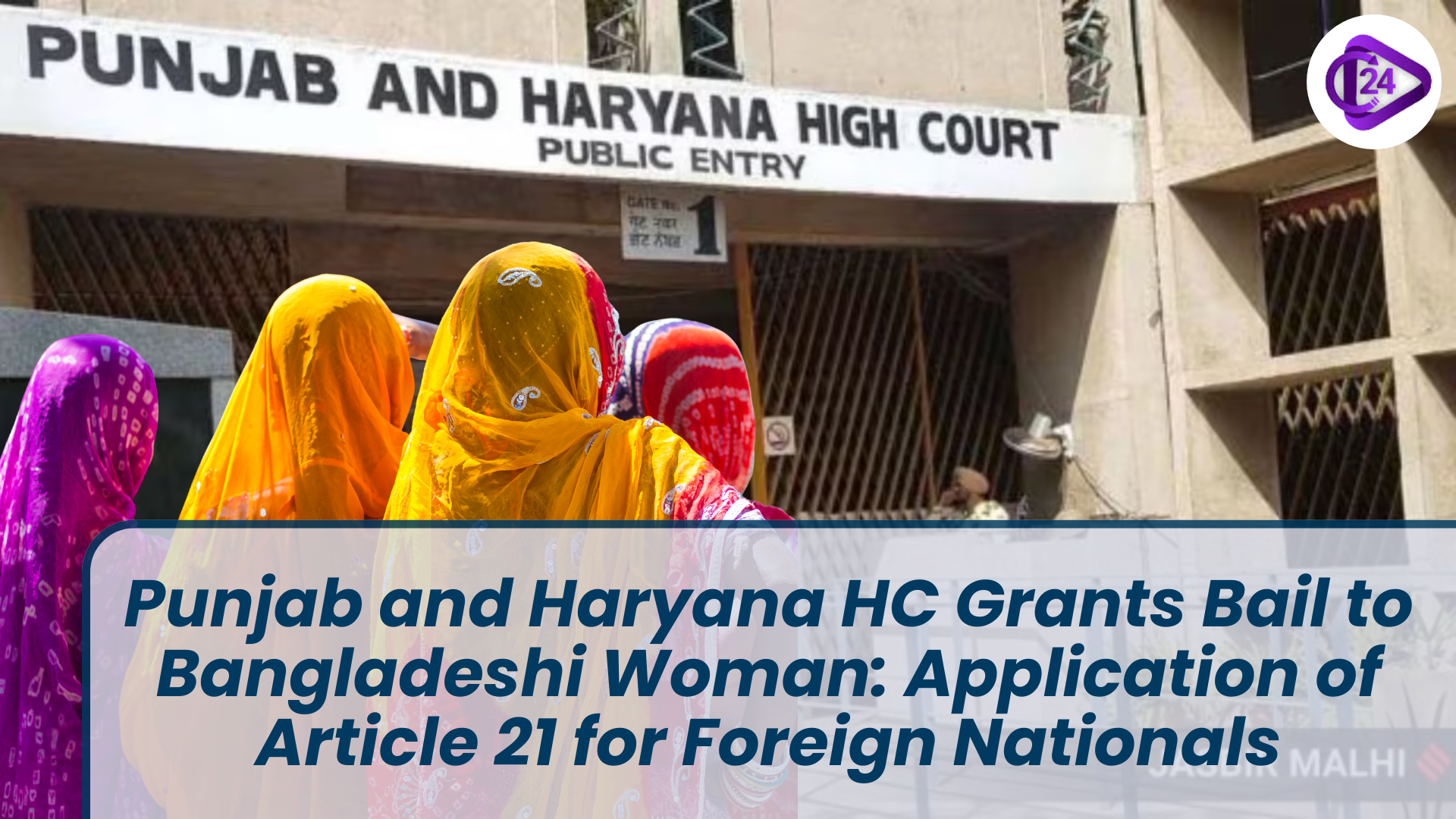 Punjab and Haryana HC Grants Bail to Bangladeshi Woman: Application of Article 21 for Foreign Nation
Punjab and Haryana HC Grants Bail to Bangladeshi Woman: Application of Article 21 for Foreign Nation NHAI launches Project Aarohan to support education of toll plaza workers’ families
NHAI launches Project Aarohan to support education of toll plaza workers’ families RAN SAMWAD-2025: A Groundbreaking Tri-Service Seminar on Warfighting at Army War College
RAN SAMWAD-2025: A Groundbreaking Tri-Service Seminar on Warfighting at Army War College CISF Launches First All-Women Commando Unit to Strengthen Gender Parity
CISF Launches First All-Women Commando Unit to Strengthen Gender Parity NCERT Introduces Indian Classical Art Forms in School Curriculum (Classes 3–8)
NCERT Introduces Indian Classical Art Forms in School Curriculum (Classes 3–8)